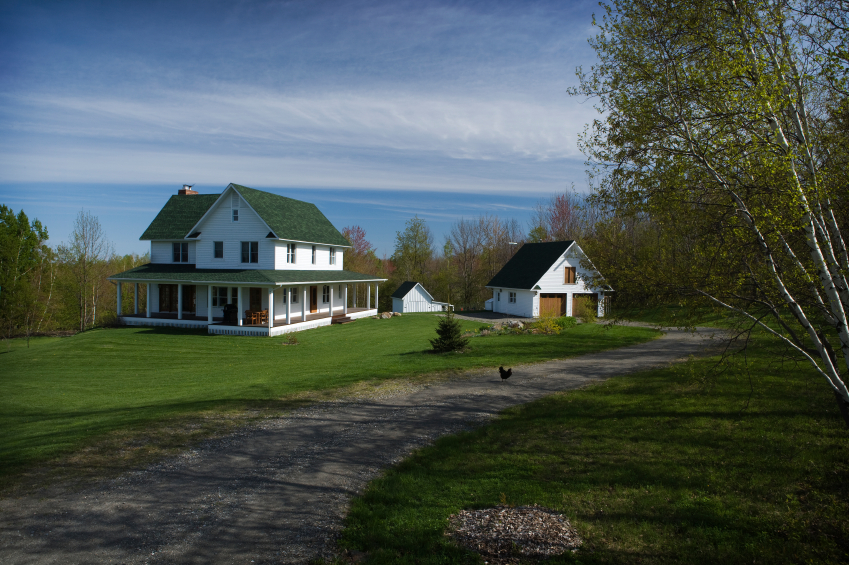 Homeowners Insurance
Homeowners Insurance
Homeowners insurance is usually the first step to safeguarding the safety and security of a private housing unit against natural or manmade risks. There are many demographics that inform the way the inclusive policies work. For example, private owners of homes do not necessarily have to apply for a cover if they do not foresee any future catastrophe. However, it is mandatory for mortgage applicants to seek cover, commonly known as hazard insurance, or risk forfeiting the trust of the financier. Still, there are provisions particularly in the US where even the financier can give a go ahead to do without the cover when there is collateral in form of land accessory to the property that can recover funds when the risk occurs.
Here is an account of the popular types of cover that one may consider:
Hazard Insurance (H-01)
With hazard insurance, financiers enter into the context. They enter into a home mortgage agreement with the prerequisite to attach this cover. The policy encapsulates the following sets of common risks:
- Fire
- Thunderstorm effects
- Fumes
- Detonations
- Volcano eruptions
- Mob actions like rioting
- Stealing, theft and destruction of machinery like automobiles
The above list is still incomplete. It depends on the particular insurer to extend comprehensive cover that encapsulates every commonplace risk under the property. As we will see next, settling for the dearer but broader homeowner’s insurance on a personal initiative outweighs the hazard cover.
Homeowners Insurance
It is essential to mention that this cover may or may not encapsulate the compound, the land, personal effects and the contextual situations like suffering loss of possessions on the road just outside the jurisdiction of the property. The most handsome policy packages usually extend even to losing money, watches and bags with one’s effects while on the highway as provided for in the cover.
Homeowners insurance however includes some of the less common heavy catastrophes like mudslides and war but eschews floods. This particular provision is known as H-03. H-02 on the other hand is rather cheaper than the forgoing because it guards against the fewer occurrences, while H-04 provides suitable cover for tenants’ possessions whenever they meet with a disaster in their landlords’ property. Condo insurance or H-06, though specifically applicable to townhomes or condominiums, has all the tenets of homeowners insurance.
Always insure with Equity in Mind
One of the common follies that policy-holders take is to insure without taking equity into account. It is essential to talk to a knowledgeable agent to offer consultation on the current value of the house against its future equity. Though the improved status of a house in coming days means higher premiums, it is better than insuring it for its purchase value which won’t reflect the future value of the property in case of a claim.
Compensation for Belongings
Other than the aggregate claim of property that has suffered damage, there are other belongings together with their contexts that should feature during the compensation stage. For example, travelers may regain money they lose to con men and burglars while on the road. This is made possible due to a contextual allowance for such a risk outside the property premises, in the homeowners insurance. However, there are more statistical compensations that differ from one insurer to another as seen below:
- The Replacement Cost usually reduces the basic value of possessions that have been lost or damaged and pays for them for as much as the policy provides for.
- Rider is the clause that provides for compensation of high-end personal possessions including ornaments, artworks, ammunition and silverware, among others.
- Flood and Earthquake risks are not available in typical homeowners’ insurance policies though it is essential to give them the right attention when in catastrophe areas of geological importance.
Search for cheap but valuable
Homeowners insurance does not have to be expensive. At the outset however it is better to pay dear premiums for a smiling future than seek cheap options for an unrepresentative compensation. The best way to get high quality policies that are comprehensive but comparatively cheap is to discuss with pals who have ever used the process before. It is also essential to go online and compare quotes between various policy providers. There are benefits as well for those who pay high deductibles. These lead to high premiums but less period of paying for the entire value of the property. It might also be worthwhile to install fire alarms, thunderbolt sensors and redundant building material, all of which can withstand natural disasters. Living close to high security zones can also earn one quality but cheap premiums.
Therefore, homeowners insurance ranks as both a necessity for clinching a mortgage deal and a recommendation for staying clear of irredeemable losses both at home and in the surrounding. Before selecting a provider, it is essential to evaluate the current equity of the property and the scope of the specific risks to cover.












